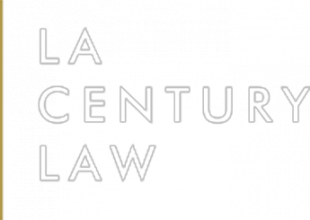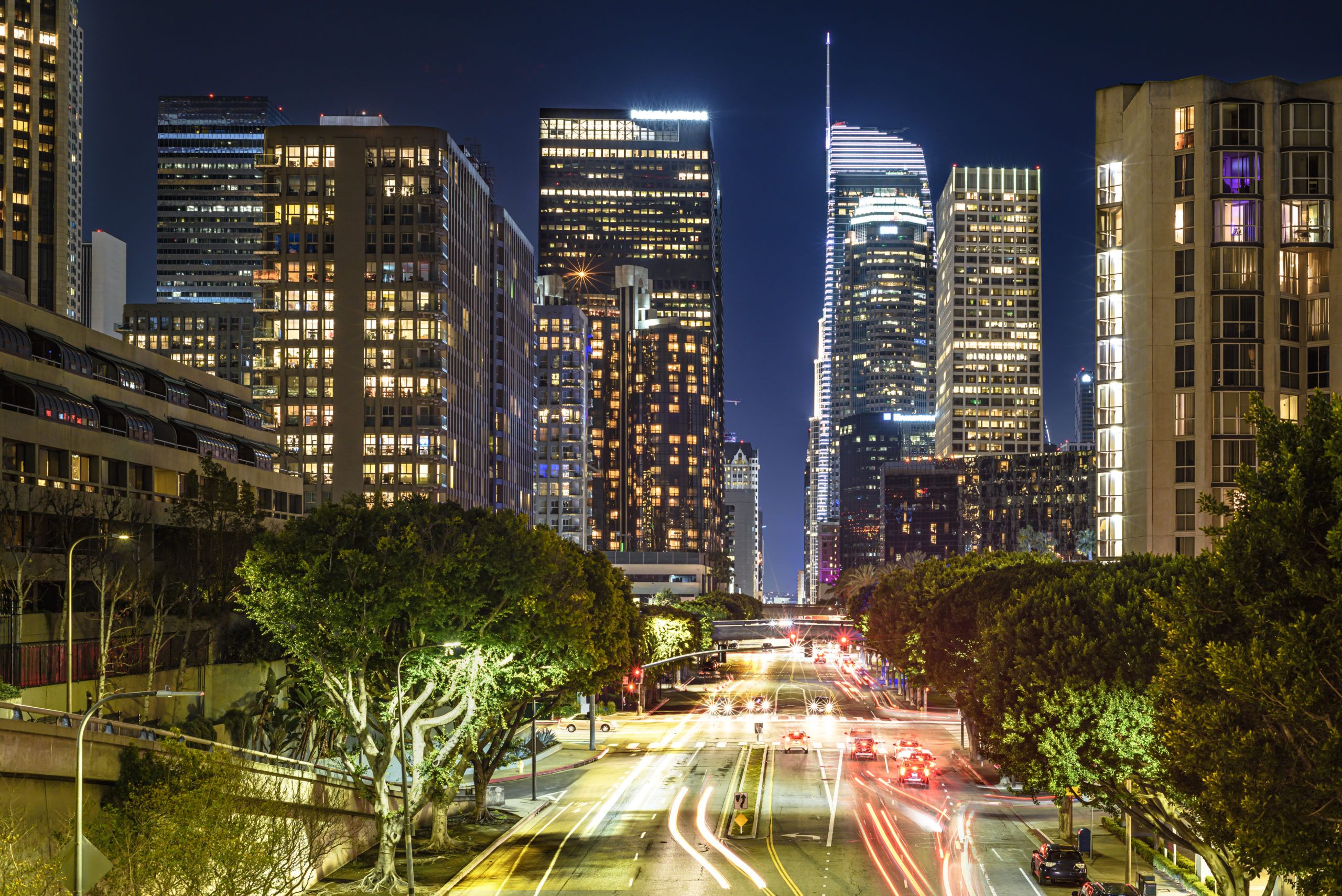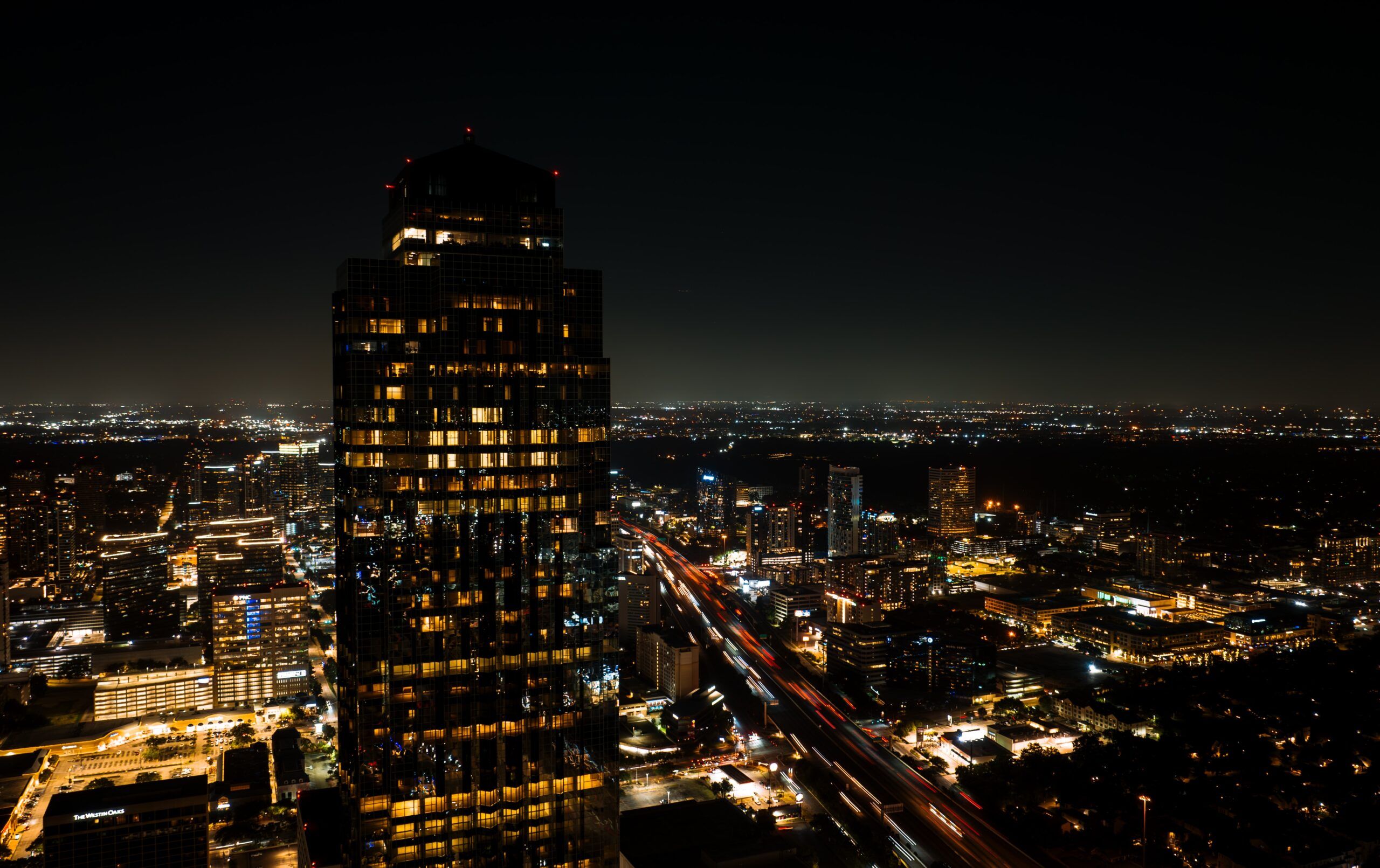Landlord’s Obligation to Tenants Regarding Their Security Deposit
Following the termination of your tenancy, Civ. Code § 1950.5 (f) states that a landlord must notify the tenant in writing of his or her option to request an initial inspection and of his or her right to be present at the inspection upon termination of a tenancy. Furthermore, Tenant must be provided a reasonable opportunity after the inspection to remedy any identified deficiencies (Civ. Code §1950.5 (f)(3)).
Furthermore, the landlord may not assert a claim against the tenant or the security for damages to the premises or any defective conditions that preexisted the tenancy such as ordinary wear and tear or the effects thereof, whether the wear and tear preexisted the tenancy or occurred during the tenancy, or for the cumulative effects of ordinary wear and tear occurring during any one or more tenancies. (Civ. Code §1950.5 (e).)
Lastly, Civ. Code §1950.5 (g) states that “[n]o later than 21 calendar days after the tenant has vacated the premises… [the landlord] shall return any remaining portion of the security to the tenant.” A landlord must return a tenant’s security deposit within the specified period after the termination of the tenancy. (Civ. Code §1950.5(f).) Failure to do so requires the landlord to return the entire deposit to the tenant [emphasis added]. Granberry v. Islay Investments (Cal. Mar. 6, 1995), 9 Cal. 4th 738, 38 Cal. Rptr. 2d 650, 889.
In short, if your security was not returned within 21 days from the date you vacated, you are entitled to the return of your full security deposit plus actual damages. You may also be entitled to statutory damages up to twice the security deposit.











 Available 24/7
Available 24/7